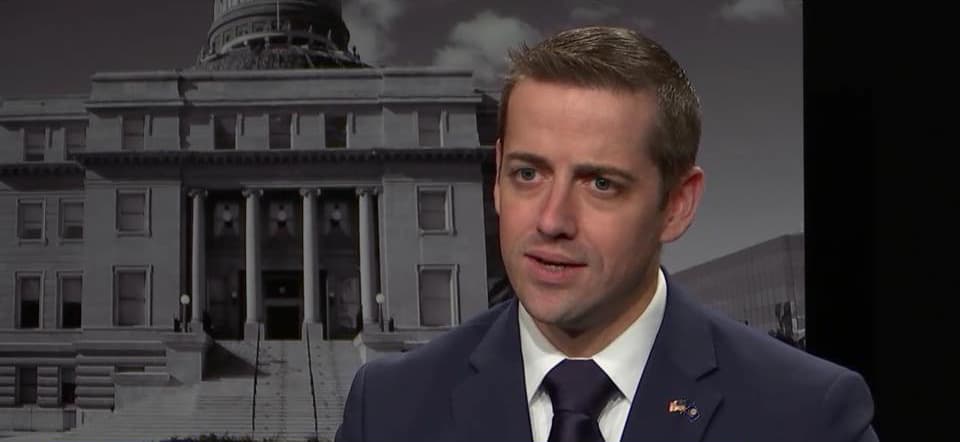


This is my 28th legislative session, and I’ve seen legislation greased for passage when there’s a need for speed (as in an emergency) or when there’s a rush to get out of town near the end of the session . A bill can be introduced, pass the Legislature, and be signed by the governor in a day if lawmakers wanted.
This legislative session is just getting started, and lawmakers are rocketing through Gov. Brad Little’s pricey policy agenda without much time for anyone to catch a breath. It makes a person suspicious that the session has been co-opted by the need for political expediency.
The most obvious occurrence of this was when House Revenue and Taxation Committee members greenlit Little’s tax cut plan without considering if the cuts were too small or focused on the right stuff.
The governor pitched his idea on a Monday, the public saw it for the first time Wednesday, and it was voted out of committee five days later, the ink barely dry. Maybe there’s no longer a need to give state representatives time to kick the tires with their constituents instead of just a weekend? Better to just plow ahead and hope no one mentions property taxes or the grocery tax.
On Wednesday, I watched a seemingly unjustifiable rush all over again. This time, the House Judiciary, Rules, and Administration Committee passed a bill that would direct millions of dollars to one health insurance company. House Bill 436 was introduced two days ago and promptly put on the committee calendar. The bill would start to fulfill Little’s goal of letting Idaho school districts participate in the state employee health insurance plan administered by Blue Cross of Idaho. The plan would cost taxpayers $75 million in the beginning but could be well more than $1 billion in a decade.
Conservatives on the committee were understandably curious about the measure: Would other insurers have access to the initial setup fund? Why does the bill have an emergency clause? What’s the rush? Unusually, Chairman Greg Chaney of Caldwell limited his colleagues’ time to posit questions to two minutes each, and those testifying for or against the bill had just two minutes to make their case. The lobbyist from Regence Blue Shield, a Blue Cross competitor, barely had time to introduce herself to the committee when she ran out of time to object to the proposal on the grounds that it stifles competition.
Regence has reason to be concerned — Blue Cross would get thousands of new clients in the final year of its contract running the state group insurance plan. That might give the insurer another advantage in retaining the lucrative deal.
The bill’s sponsor, Republican Rep. Rod Furniss of Rigby, strained to answer some of the questions posed by conservative skeptics. Moderate Republicans and liberal Democrats sang the bill’s praises, saying how nice it will be for school districts to lower health insurance costs for school employees, downplaying or completely ignoring the large, ongoing price tag. They rejected Republican Rep. Bruce Skaug’s motion to give the bill a few more days to simmer and voted to send it onward for a floor vote that will likely take place as early as Friday or Monday.
I can’t understand why House Speaker Scott Bedke assigned the bill to the Judiciary and Rules Committee when the measure deals with education policy and health insurance matters, both of which have committees that deal with these issues. I can’t understand why the bill has an emergency clause but specifically takes effect July 1, when other bills usually take effect. I can’t understand why agency rule reviews, normally reserved for the first part of the legislative session to give newly introduced legislation a chance for public vetting, have been pushed aside to speed through Little’s agenda.
In my experience, when lawmakers behave in this manner, there’s usually an unseen reason that has nothing to do with the supposed public benefit. It might be for the satisfaction of a political agenda or to help a big business or major donor. Typically, the result is a big, expensive mess, and it's typically the public who ends up paying for lawmakers’ haste.


